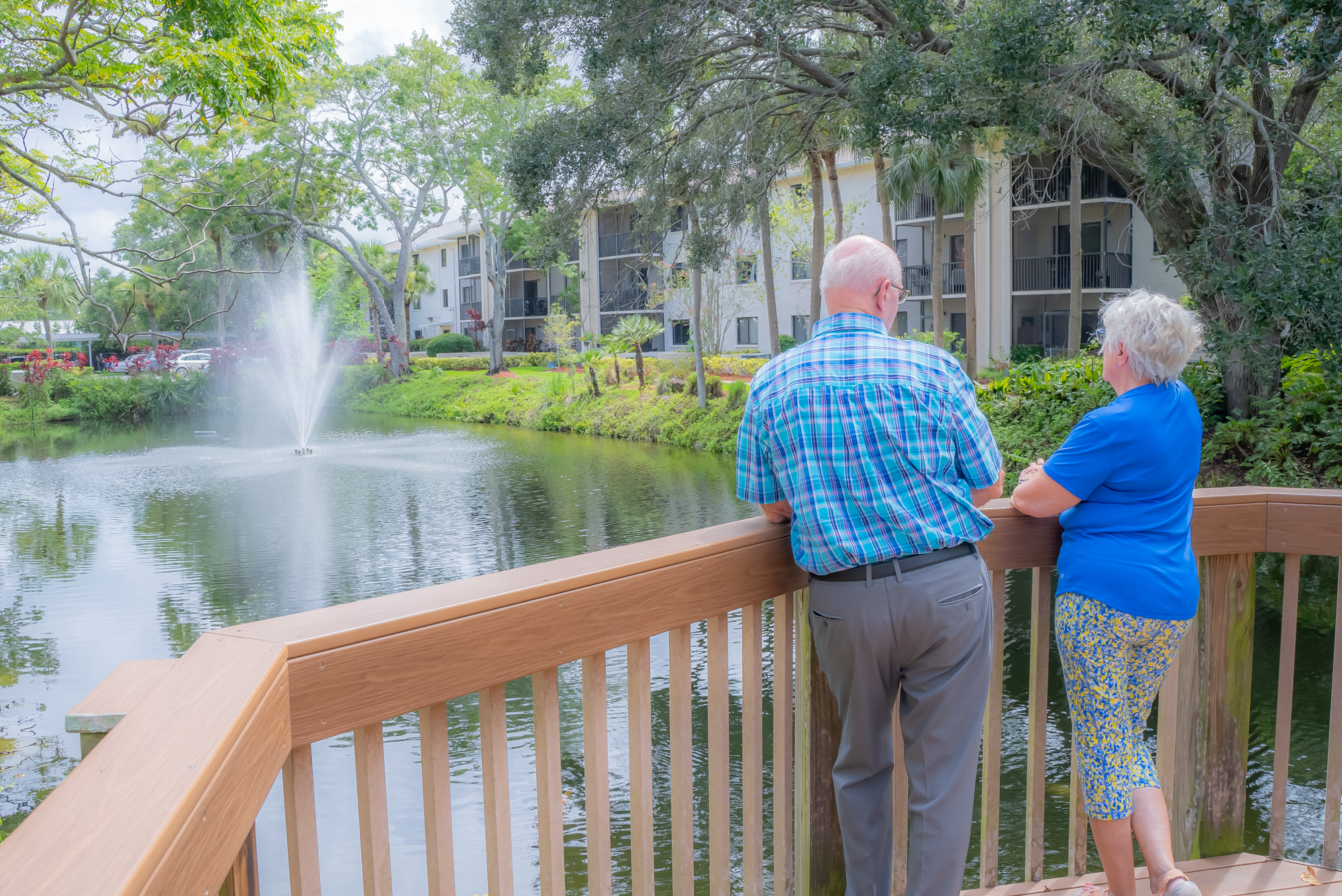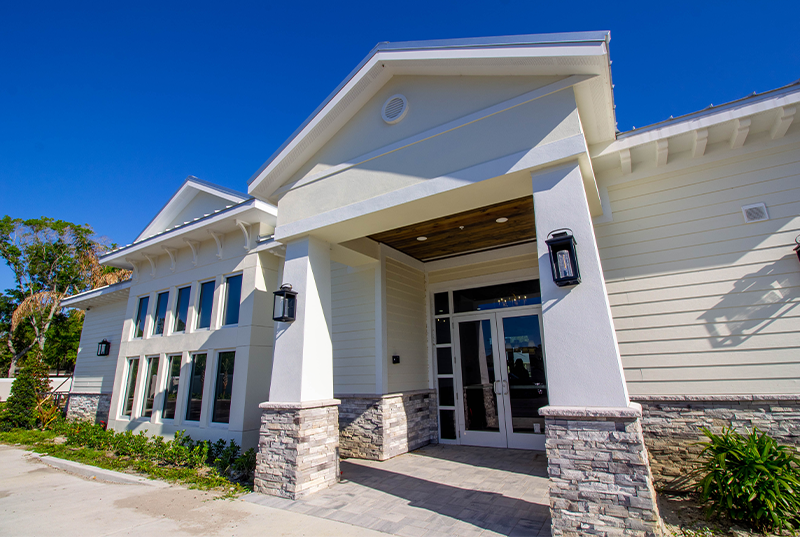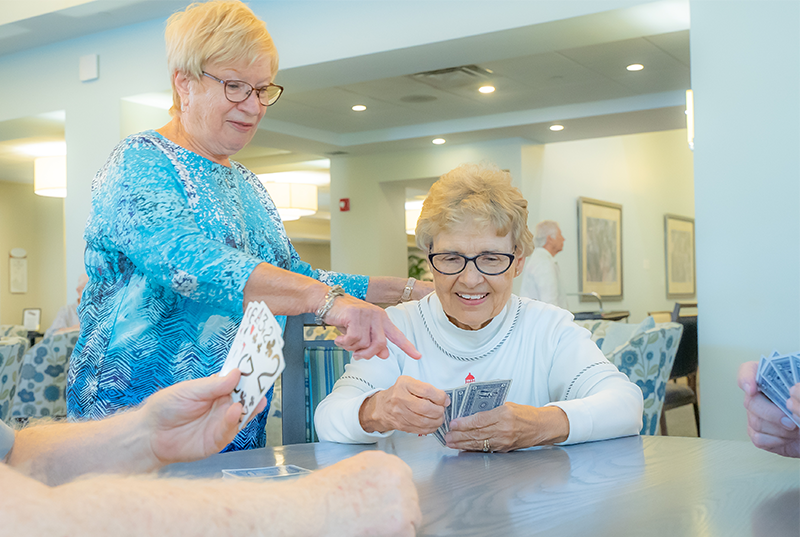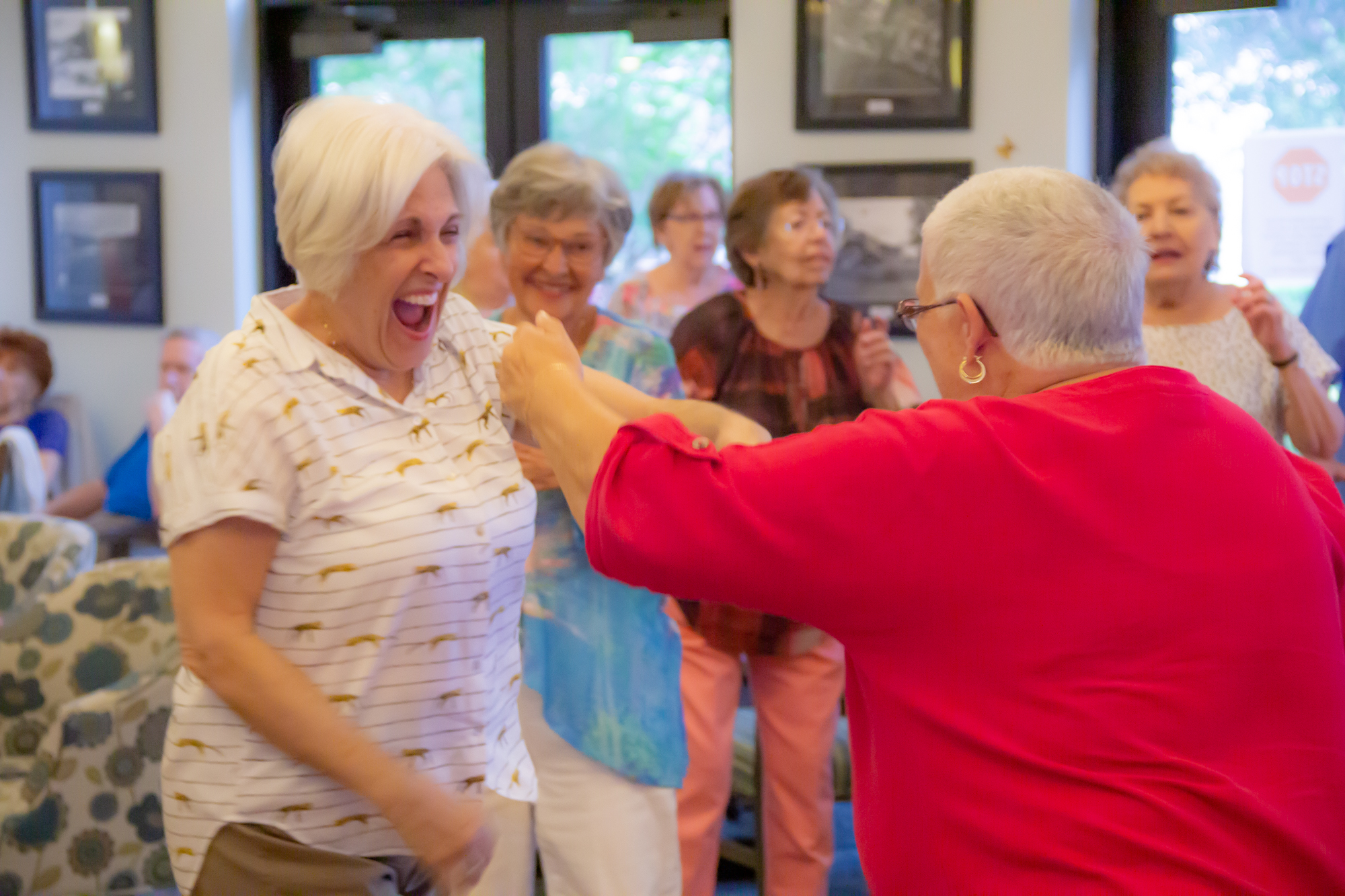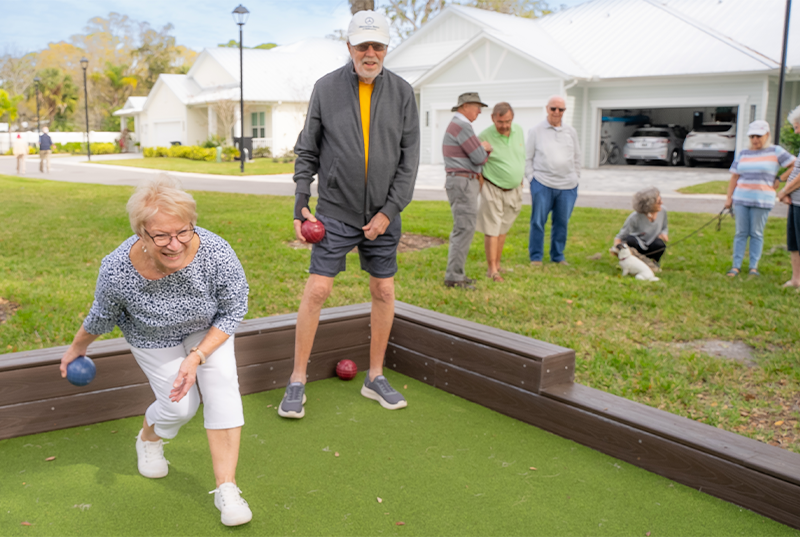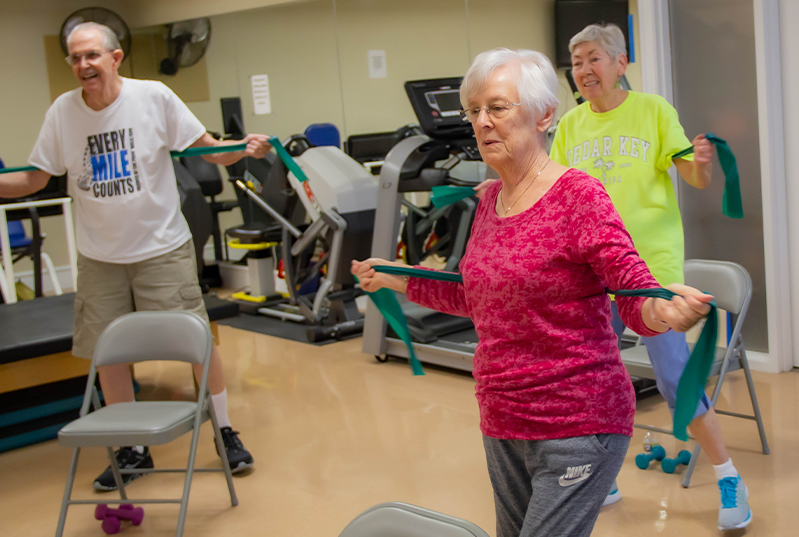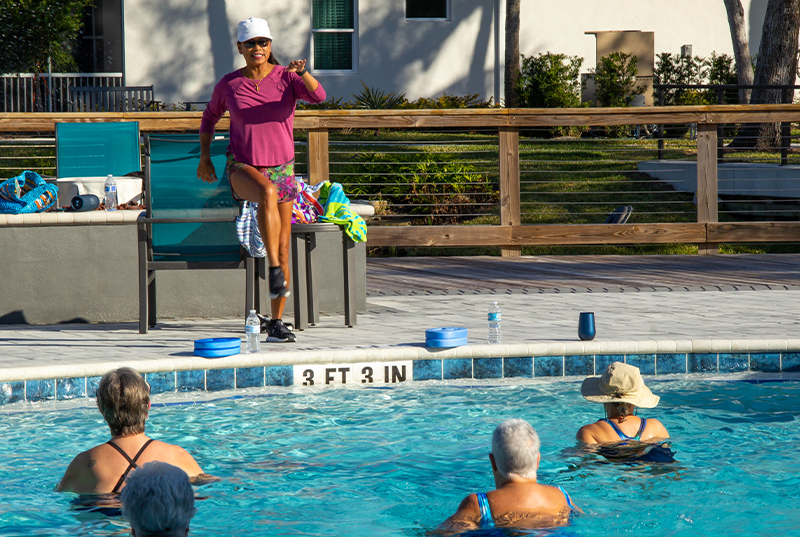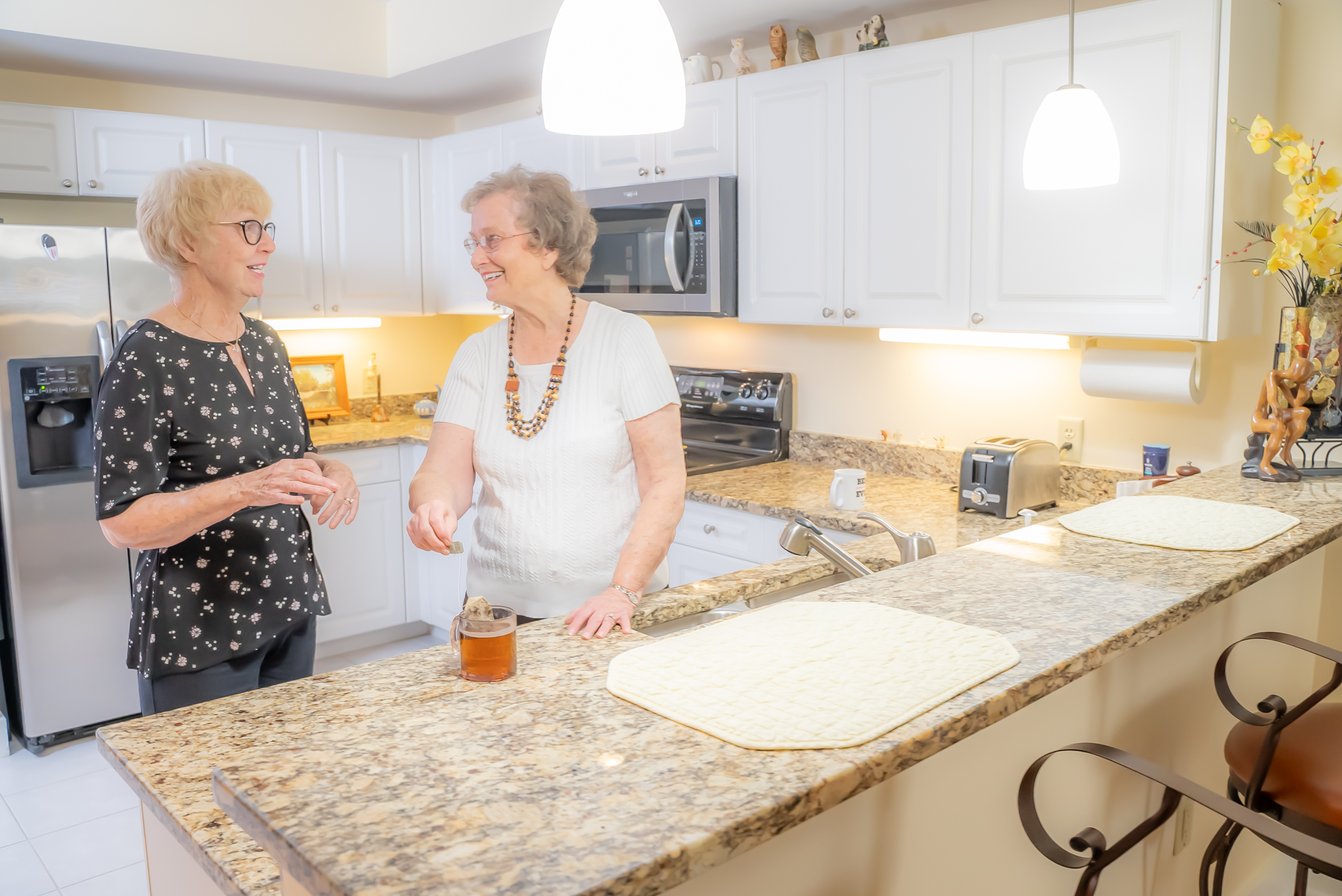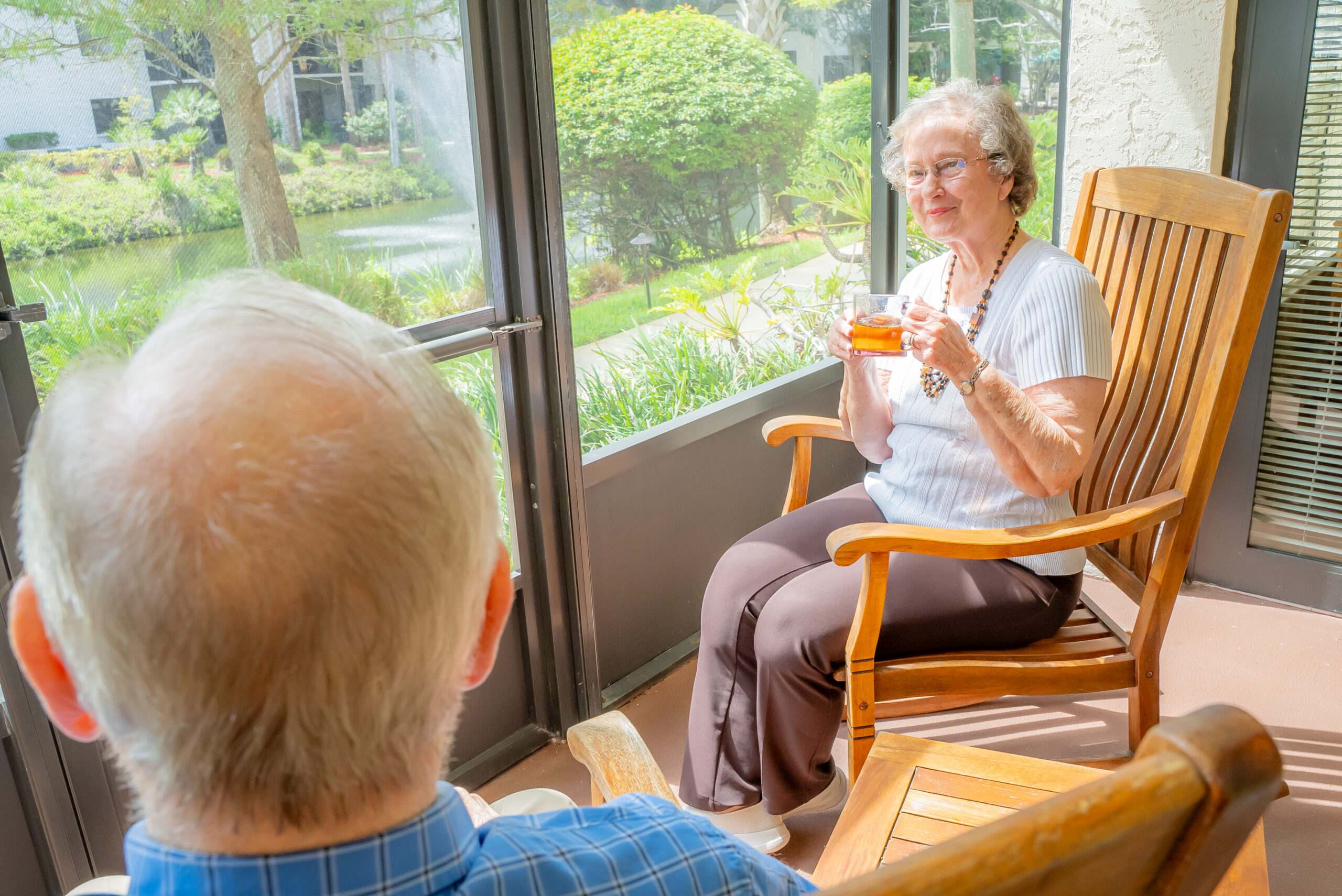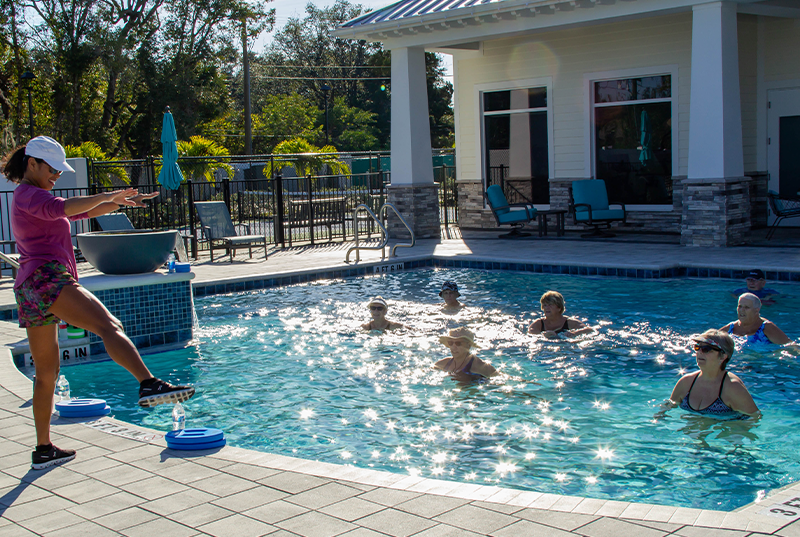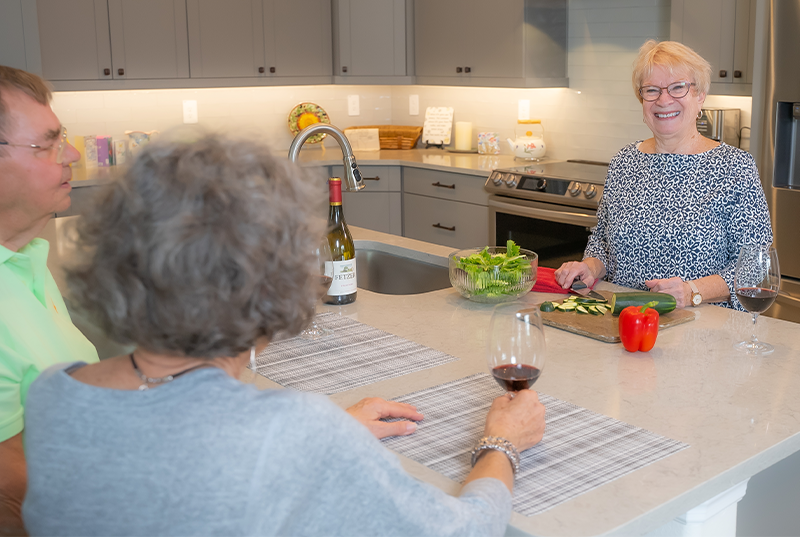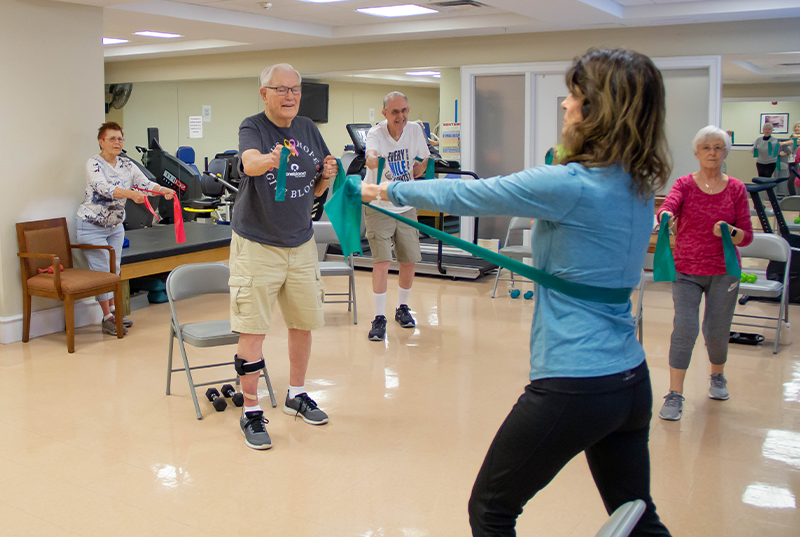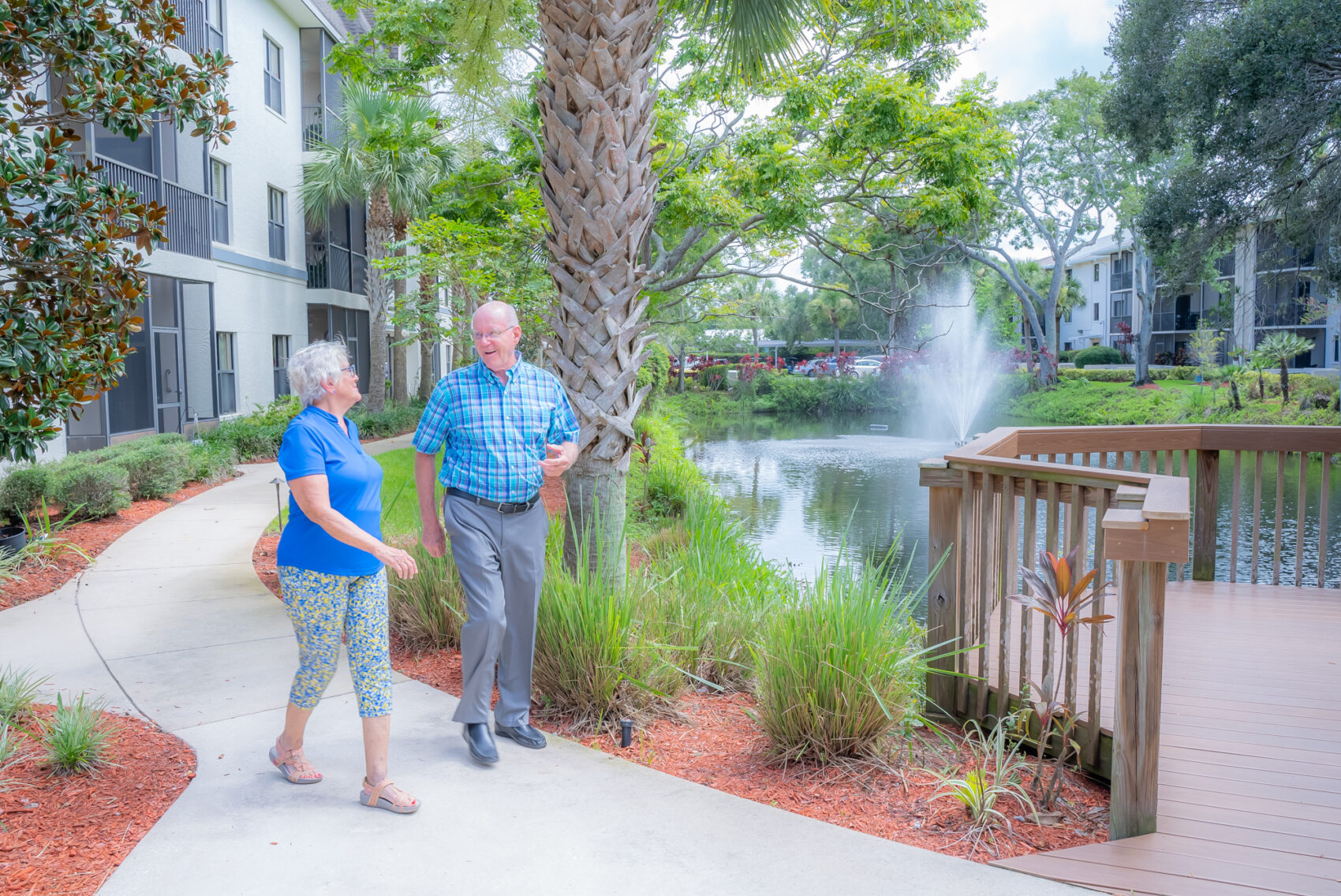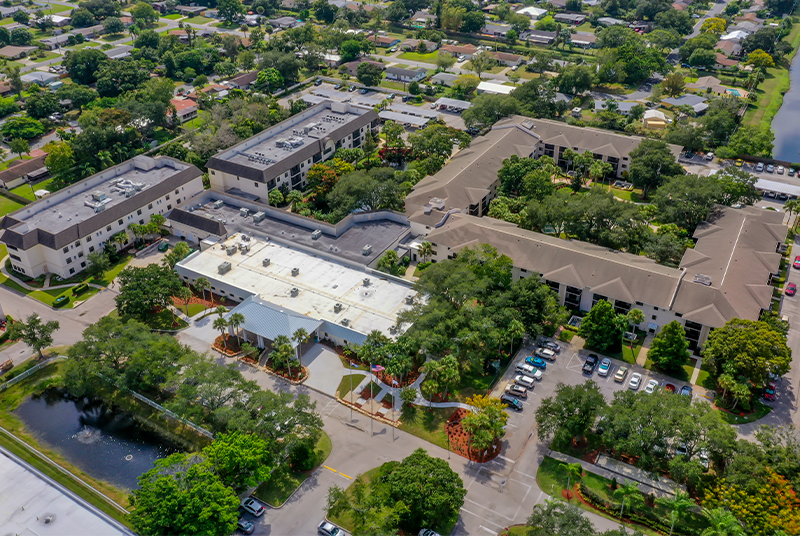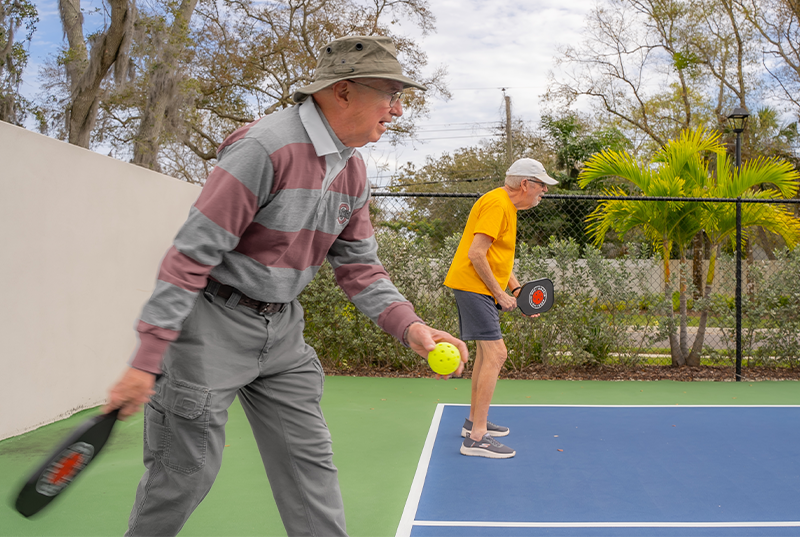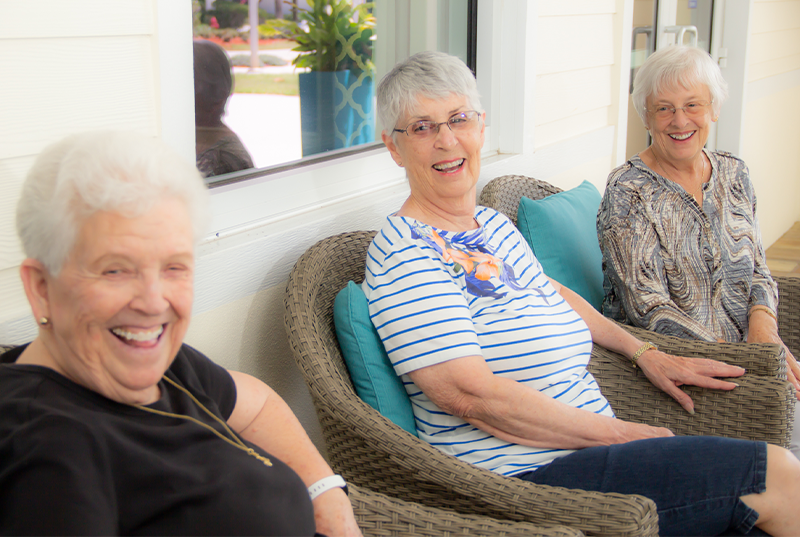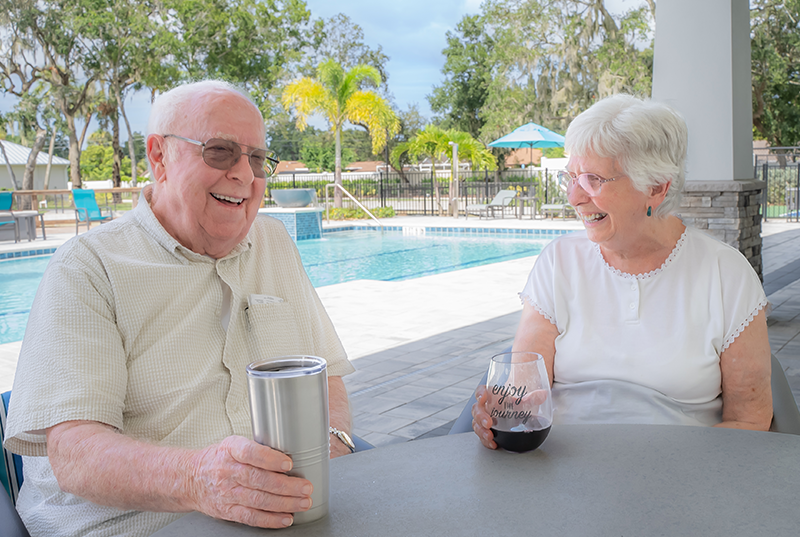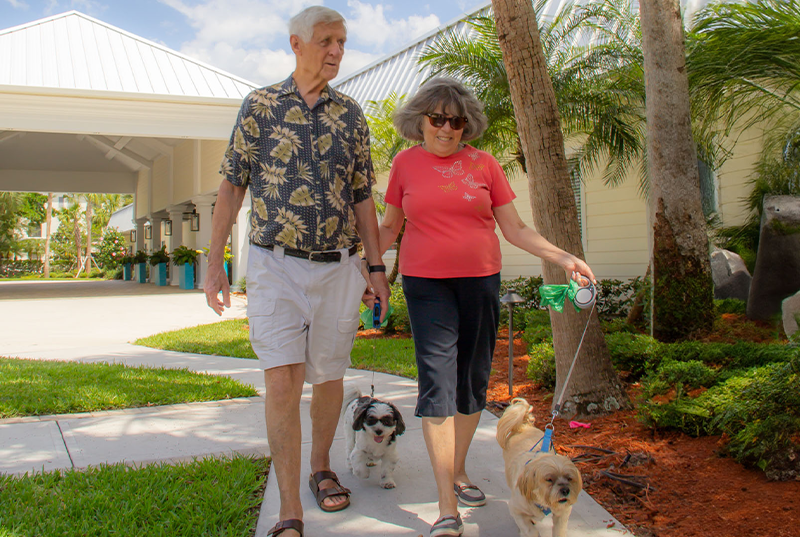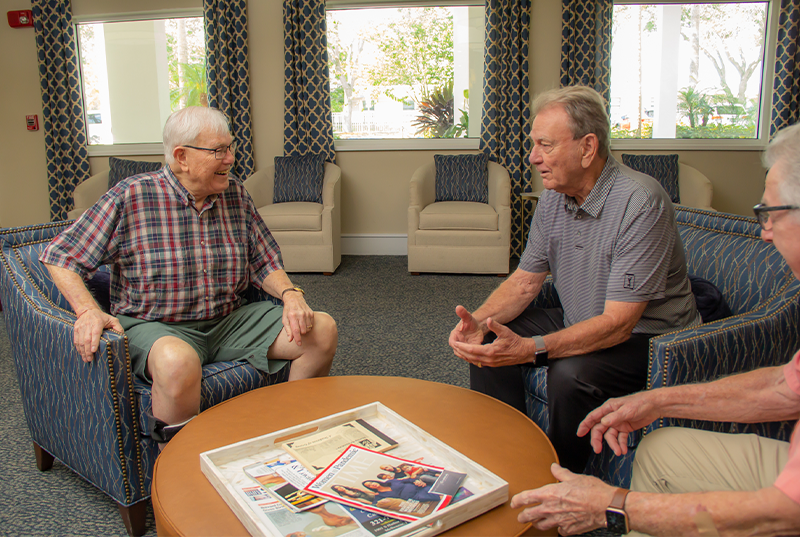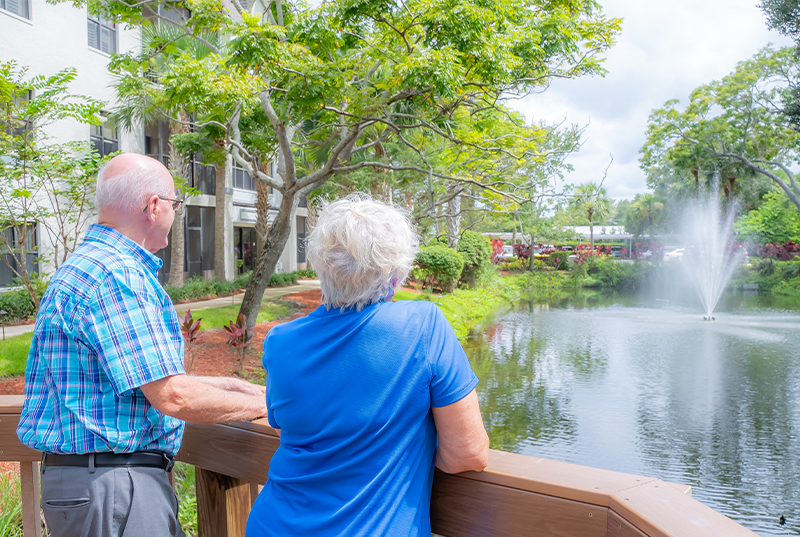Addressing the Hidden Epidemic of Senior Loneliness: Why it’s Still a Concern Post-Pandemic
 Loneliness among seniors is not a new issue, but the pandemic made it even more challenging for older adults to stay connected with others. Even as pandemic restrictions ease up and life has gotten back to “normal,” the loneliness epidemic continues to impact seniors.
Loneliness among seniors is not a new issue, but the pandemic made it even more challenging for older adults to stay connected with others. Even as pandemic restrictions ease up and life has gotten back to “normal,” the loneliness epidemic continues to impact seniors.
The Severity of Senior Loneliness
Research shows that social isolation and loneliness can have serious health consequences, including increased risk of depression, anxiety, and cognitive decline. For seniors, these risks are particularly concerning. The January 2023 National Poll on Healthy Aging (NPHA) found that:
- 34% of older people told the researchers that they sometimes or often feel isolated from others
- 37% noted feeling a lack of companionship in the past year
- One in three reported that they infrequently have social contact with someone they don’t live with (once a week or less)
According to the National Institute on Aging, older adults are at higher risk of loneliness due to factors such as living alone, losing loved ones, and having limited mobility or transportation. The pandemic has exacerbated these factors, with many seniors being forced to isolate themselves to protect their health.
But social connections are crucial for maintaining physical and mental health, and there are ways for seniors to stay connected.
How Seniors Can Stay Connected
Virtual communication tools like video calls and social media can help older adults stay in touch with friends and family members. Some communities and organizations have also implemented programs to connect seniors with volunteers who can provide companionship and support.
As life returns to normal, seniors may also want to consider participating in in-person activities that align with their interests. This could include joining a club or group, taking a class, or volunteering in their community.
Getting Seniors Re-Engaged
Ultimately, combating the loneliness epidemic among seniors will require a varied approach that addresses both the underlying risk factors and the practical barriers to social connection. By staying connected with loved ones and engaging in meaningful activities, older adults can improve their overall well-being and quality of life.




